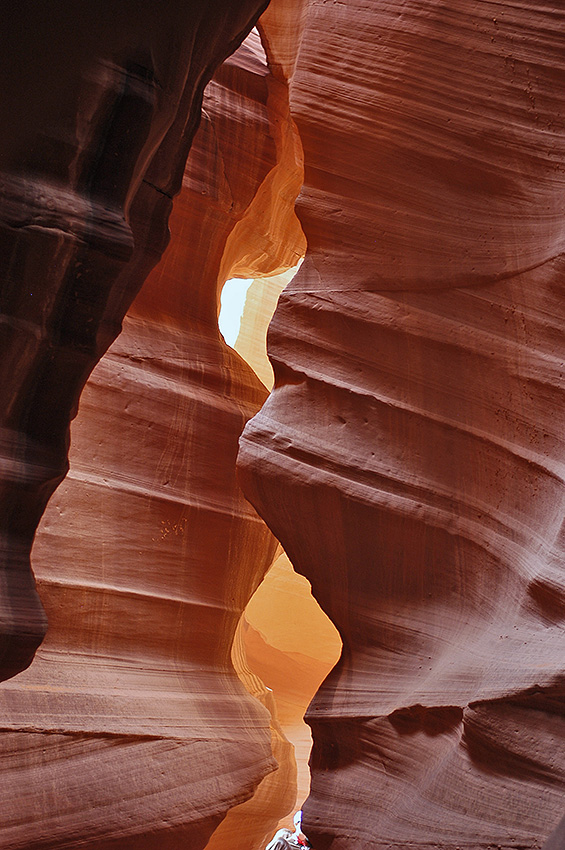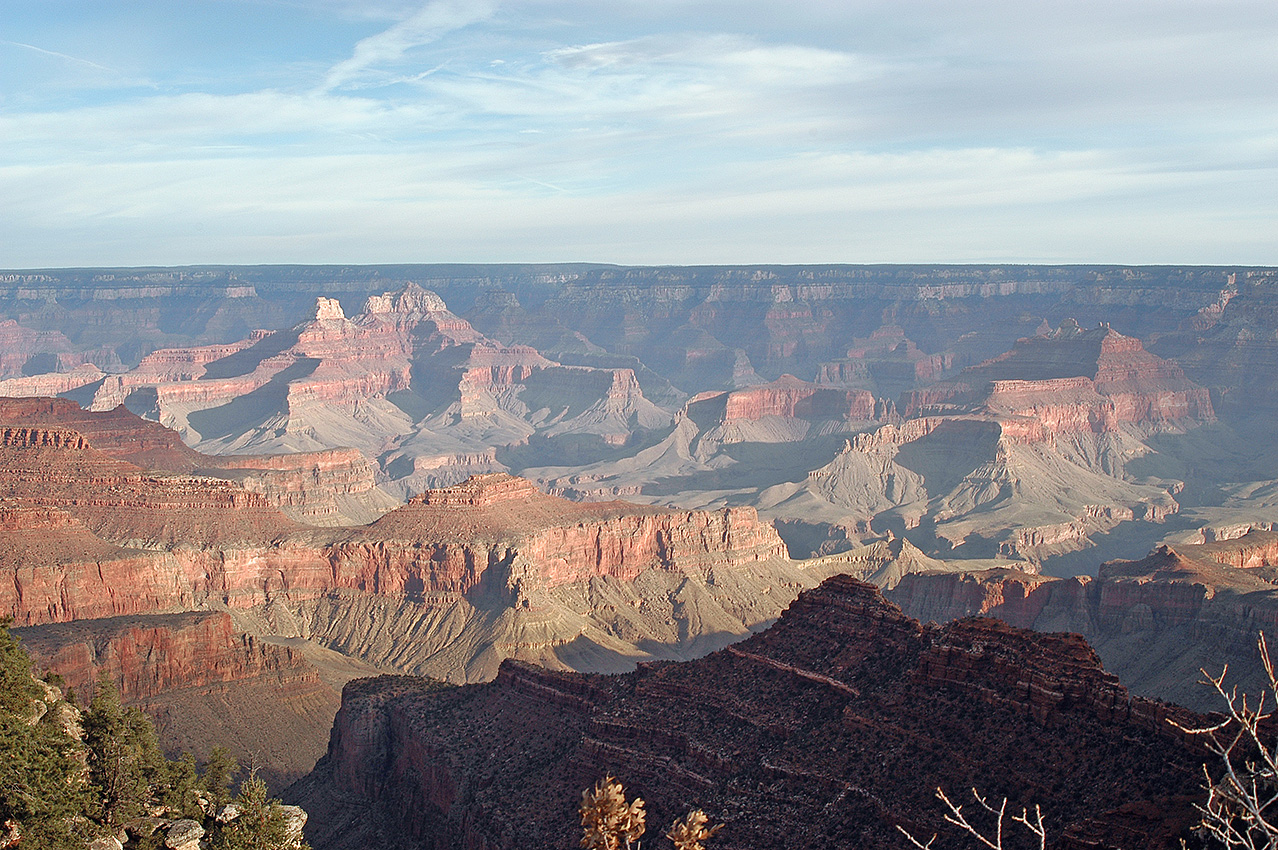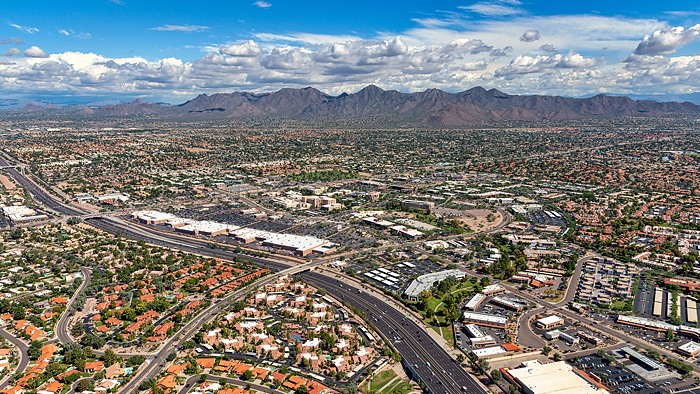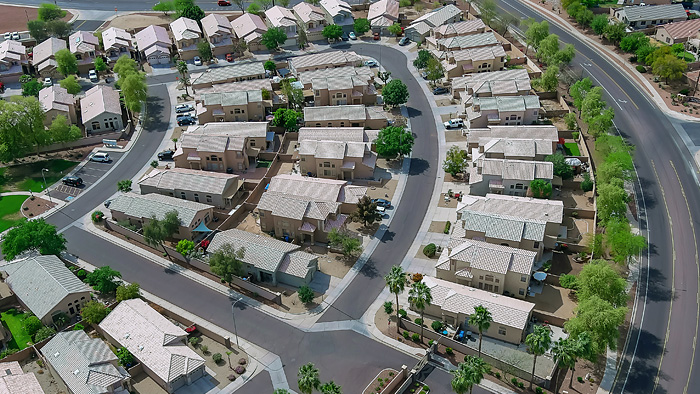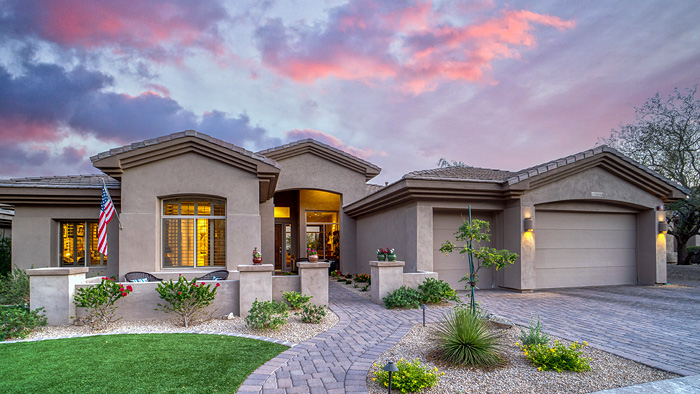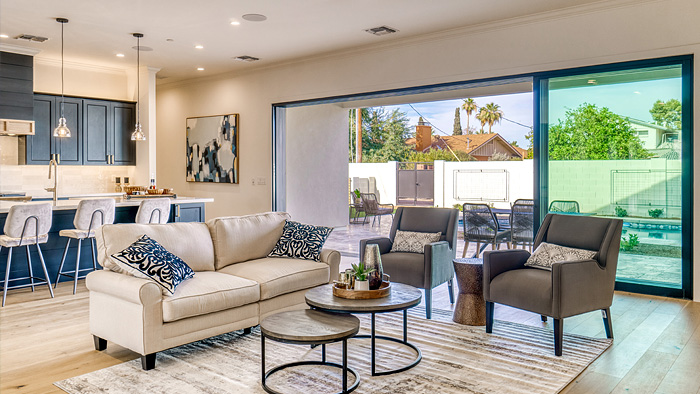
“One-Story America” book comparison
I recently read Ilf and Petrov’s book One-Storied America. Once I began reading it, but at that time it didn’t carried me away and I haven’t finished it. Now I read it in one breath and constantly compared my perception of America with their book and noted the changes that have taken place during this period. After all, almost a hundred years have passed. But it remained unchanged my admiration for nature, roads, living standards and the level of technology development. Of course, I did not visit 22 states like Ilf and Petrov, I was only in California, Nevada, Arizona and quite a bit in Utah.
Extraordinary nature is what Ilf and Petrov admired and what still admire people visiting America, which is a landmark of the USA. Numerous unique canyons, rivers, caves are fascinating. 58 National Parks have been created here, the first of which was founded 145 years ago in 1872. The largest number of national parks is located in the states of Arizona, California, Alaska and Utah.
Not only national parks, but even pieces of the wild desert are carefully protected here. For example, a piece of desert called “wash” within a group of neighborhood houses is always left undeveloped in Arizona. Basically, they perform the function of rainwater runoff (except for preserving an untouched piece of desert), but in some places concrete pathways have been laid and Americans are walking there in the morning and evening. Speaking of concrete pathways, the city has developed entire “trail” routes. If the route crosses the road, then must be built a pedestrian tunnel or bridge for not to interrupt the hike and interfere with the traffic. These pathways are periodically swept by a mini sweeper. In general, Americans are obsessed with a “haik”. In the morning when I take my grandson to tennis camp, I see a lot of people walking, running, cycling, running and walking with dogs.
Dogs are a separate topic. On many, even small plazas, among the shops there is a signboard — “Pet club”. On the cars they stick on “I love mine” and a dog drawing. Some lovers carry dogs (and not small ones) on their hands behind the wheel. I once saw a dog looking out of a car window in sunglasses. Along with “Pet clubs”, the signboard “Nail” (manicure) are everywhere, as if everyone is into their nails. In my opinion, there are more people in general concerned about a healthy lifestyle. Of course, there are very fat people, mostly caused by poor nutrition, cheap processed food. But lately there have been more of those who are trying to buy products labeled “organic”. These products are almost two to three times more expensive. If, for example, a pound of regular potatoes costs 45 – 99 cents, then organic costs $1.45.
Americans in general don’t dress very well, or rather, they don’t pay much attention to clothing. Mostly shorts, jeans and t‑shirts. A lot of people don’t even iron their clothes. They don’t have this kitsch in their clothes like we have in Russia. You can’t tell a person’s wealth by their clothes here. True, very rarely, but grandparents are found in stores dressed to the nines in ironed shorts and shirts, but for some reason it seems that they are Europeans.
58 National Parks have been created here, the first of which was founded 145 years ago in 1872
The national composition of America is very diverse. Since Arizona is a southern state, there are very few African Americans here. There are a lot of Mexicans in Arizona. There are even many official documents in English and Spanish. It happens that Spanish is heard in swimming pools, parks and others are used to it here, but when we talk with our grandson, we are often asked what language do we speak. Valentina says that our language seems rough to American ears. Probably like German to us. When they find out that we are from Russia, they do not show any hostility. It often turns out that one of the ancestors of the questioner was from Russia, but they do not know the language. Harassment based on skin color, gender or nationality is punishable here by law.
I also noticed that in America it is not customary to have close contact with strangers, to touch a stranger with your hands. No one props you up to your stomach in the checkout line hoping the line will move faster. It is not customary to touch other people’s children, treat them with something. In short, they try to keep their distance. This is called personal space here, and each one has a different size :)) But if Americans come to the house to repair something, for example, as a plumber, gas technician, air conditioner technician, then they always say hello and goodbye, shake hands to whom they are doing business with. And when meeting or having a party with familiar people, they hug. Another good custom here is to send an e‑mail to the party host after visiting about how he/she liked our party and how well everything was organized.
I won’t tell about huge cars and excellent roads, since I have already told about it. I will only add that in small towns there is no public transport, all transportation is carried out by cars, and I have not even seen intercity buses on highways here (they do exist, but not enough). Airlines are intercity transport. If a hundred years ago railroad transport developed, now, here in the South, it seems to me that railroad is finally dying and there is very little of it. All the railways I have seen are not electrified. The trains and wagons are reminiscent of retro transport, performing either tourist or auxiliary functions, such as transporting small loads from a farm or transporting coal from a coal mine on an Indian reservation. The only modern railroad with double-decker freight cars we met in Flagstaff when we were going to the Grand Canyon and there are some in California.
It was interesting to compare the prices that are given in the book with modern prices. At the time, wages were $18 a week, or 20 cents an hour for a man and 17 cents for a woman, and now only the national minimum wage is $9 an hour. Gasoline then cost from 14 to 30 cents per gallon, now in Arizona $2.20 — $3.00 per gallon. Double room in a hotel — $4, now $120 — 200 and more (depending on the hotel and the room). And a $10,000 house seems ridiculous now.
Many Americans live on credit, nothing really changed since the time in a book. Home loan, car loan, student loan, credit cards are paid in stores. Almost every adult has a credit history, and if it is bad and you need a large amount of money to borrow, for example, to buy a house, the bank may not approve it. If the credit history is good, banks endlessly send and send offers to issue a credit card from them. Many Americans are reluctant to pay off their home or student loans early, even if they graduated long ago and have the income to do so. In my opinion, they are very accustomed to overconsumption and economy contributes to this.
Salespeople no longer go door-to-door with offers to buy some product. Internet is the top salesman. The Internet will tell you everything about the product, you can buy this product there, then obsessively receive advertising for a new product. There are not so many ads on the streets anymore. I don’t know how it is in other states, but in Arizona, in most cities, advertising on the roads is prohibited, so as not to distract the driver from road signs and traffic signals. But letters and printed promotional products flood the mailbox. Items purchased online can be easily returned to the store where the item was purchased or mailed back. Reason enough to return is this: “Didn’t live up to my expectations”. Delivery of goods by mail is very fast and a message is sent to the e‑mail that the package has been delivered. Parcels are brought to the door of the house (at least in our area), sometimes they ring the doorbell and immediately leave, and when I’m not there, they lie by the door until the children come home from work.
Ilf and Petrov wrote that “excessive wealth and excessive poverty stand side by side.” I wouldn’t say that, we’ve only seen this in Mexico. Of course, the living standards are different, there are poorer areas, there are richer ones. In some areas, the crime rate is higher, in some is lower, but the living standards of the average American is much higher than the average Russian’s population.



